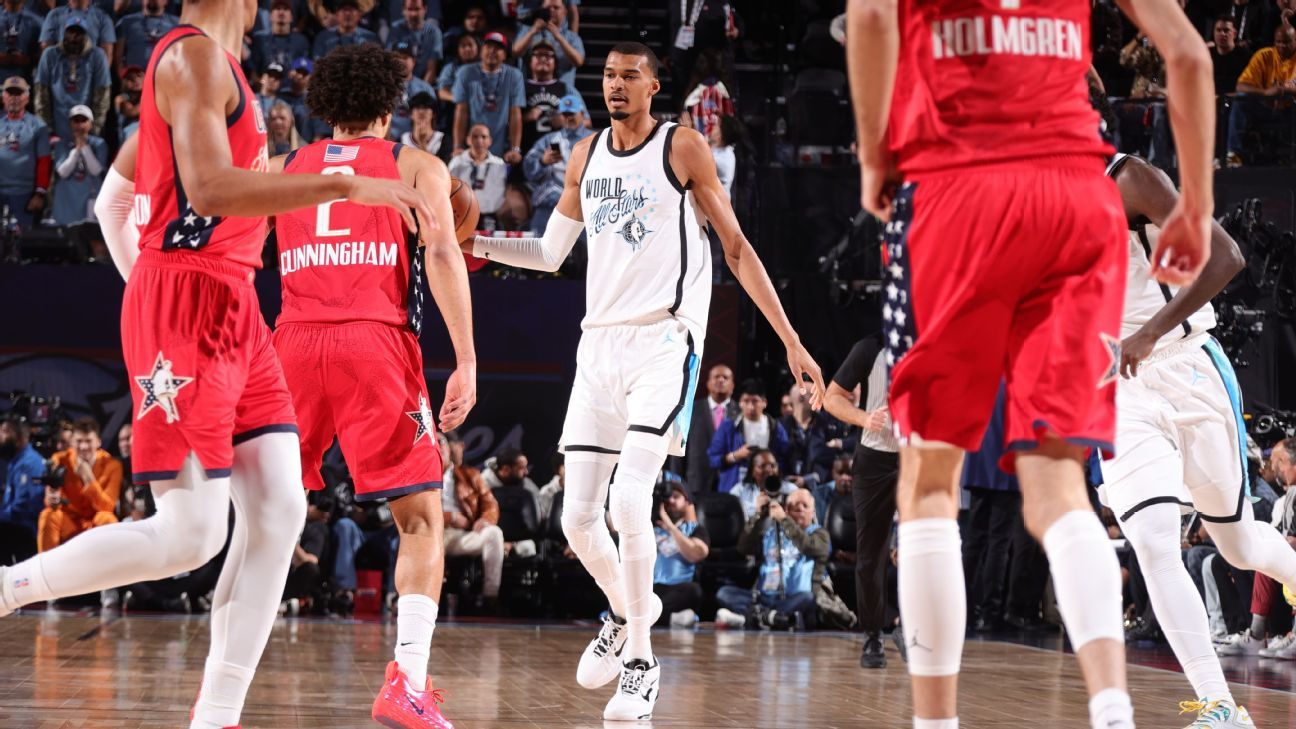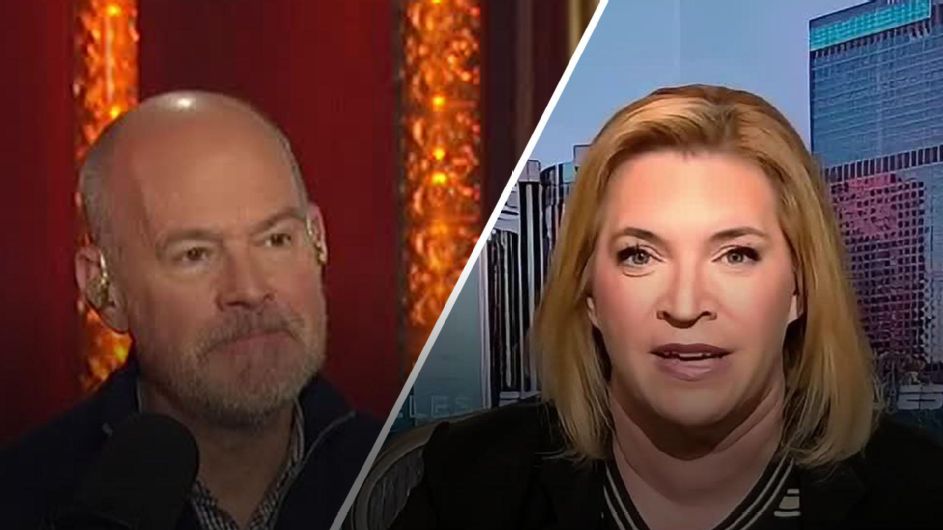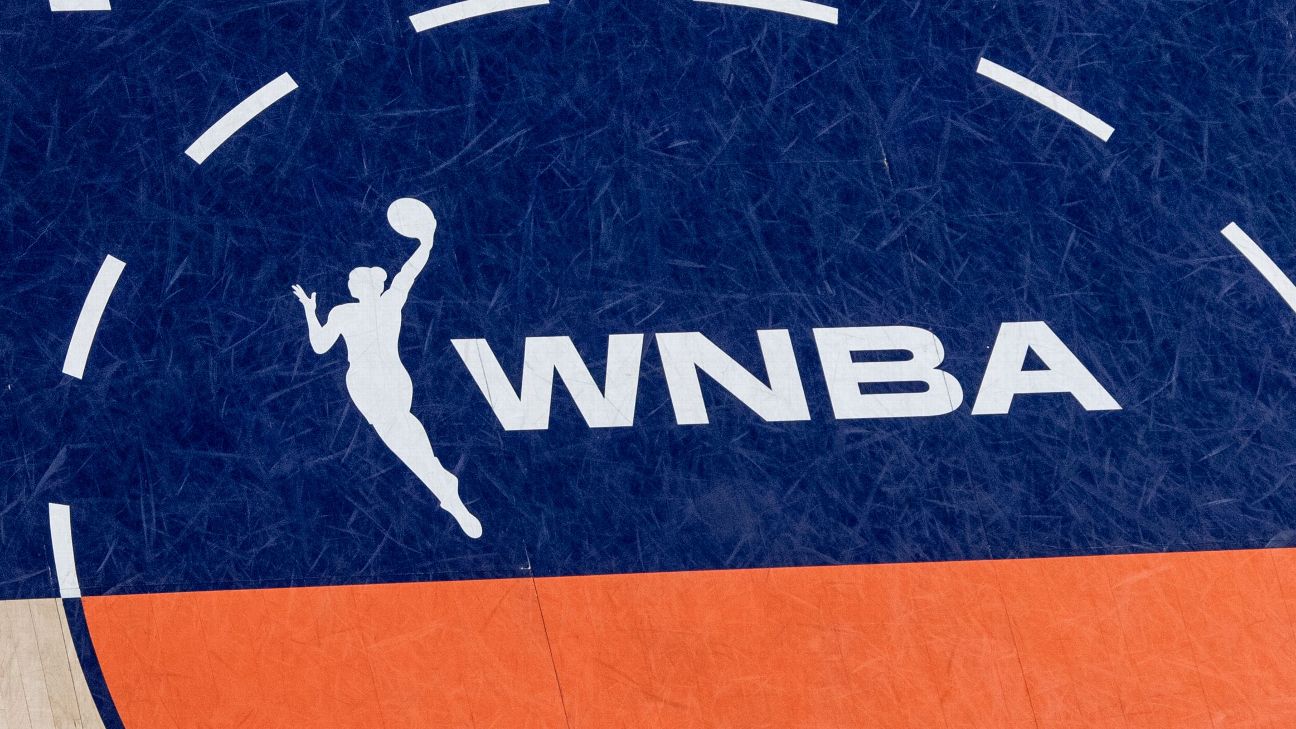WNBA Crossroads: High Stakes and Player Futures Hinge on Crucial CBA Negotiations
The 2025 WNBA All-Star Game in Indianapolis, though not remembered for on-court heroics, etched itself into history as the stage for a collective player demonstration. All 22 All-Stars wore black T-shirts emblazoned with "Pay Us What You Owe Us," a powerful statement directed at the ongoing collective bargaining negotiations between the Women's National Basketball Players Association (WNBPA) and the WNBA. This action underscored the players' belief in insufficient progress in talks and highlighted the complex interplay of solidarity and individual realities within the league as a new CBA deadline of November 30 approaches. This "transformational" agreement carries immense stakes for various players and management figures, each with their own set of interests.
At the forefront of the players' side is Terri Jackson, the WNBPA executive director since 2016, who is navigating her second CBA negotiations. She was instrumental in securing the 2020 agreement, which brought significant salary increases, more robust free agency, and improved benefits for mothers. However, her relationship with WNBA Commissioner Cathy Engelbert appears to have cooled, and Jackson has adopted a more aggressive stance in these talks, publicly criticizing the league and employing tactics like the All-Star Game protest to sway public opinion. With the league's financial landscape dramatically altered, this CBA is a legacy-defining moment for Jackson, necessitating player unity and the assurance that all members' interests, from rank-and-file to superstars, are protected.
Among the players, a spectrum of financial situations shapes their perspectives. Superstars like Caitlin Clark, A'ja Wilson, Sabrina Ionescu, Angel Reese, and Paige Bueckers, who command substantial off-court endorsement deals with brands such as Nike and State Farm, are less financially reliant on their WNBA salaries. While they could potentially withstand a work stoppage, the league's visibility remains crucial for maintaining their lucrative endorsement opportunities. Clark, for instance, has two years remaining on her rookie contract, and her future free agency could see her prioritize team strength over maximum salary, a path already taken by players like Wilson.
Conversely, role players such as Kiah Stokes, Natisha Hiedeman, and Lindsay Allen often depend more heavily on their WNBA salaries, especially if they lack significant overseas earnings or sizable off-court incomes. A potential work stoppage would disproportionately impact this group. They stand to gain significantly from a four- or five-fold increase in WNBA salaries and would benefit from more roster spots, either through league expansion or increased team sizes, providing more opportunities for better pay or optimal team fit.
Players on rookie contracts, including Kiki Iriafen, Aaliyah Edwards, and Maddy Siegrist, also have unique concerns. Not all young players enjoy the off-court financial cushion of a Caitlin Clark, making the increase in the minimum salary particularly crucial for them. The 2020 CBA saw a 36% jump in the minimum, and league sources speculate a much larger increase this time, potentially quadrupling it. While this would benefit recent draft picks, young players also want to ensure the agreement doesn't limit their long-term earning potential, setting the stage for their entire careers.
For players on the verge of retirement, such as DeWanna Bonner, Alysha Clark, Sami Whitcomb, and Tina Charles, the establishment of a WNBA pension plan akin to the NBA's is a priority. Currently, the WNBA offers a 401(k), but players desire a full pension plan based on years of service and average salary, and crucially, they want it to benefit not only current players but also those who pioneered the league since its 1997 inception.
Players on the roster bubble, exemplified by Kiana Williams, Haley Jones, and Elizabeth Kitley, look to expansion as a significant opportunity. With at least 24 new roster spots anticipated by 2026 with teams like the Portland Fire and Toronto Tempo joining, and potentially more through increased roster sizes or injured lists, these players could find stability and development opportunities within a team system, a stark contrast to current hardship contracts that often require last-minute, cross-country travel.
International players, including Gabby Williams, Emma Meesseman, and Satou Sabally, are primarily focused on the prioritization rule, which mandates reporting for the start of training camp. This rule nearly sidelined Williams in 2023 and delayed her 2024 WNBA season. If the league pushes for exclusivity, it could force difficult choices for international players balancing WNBA commitments with lucrative overseas contracts and national team duties, especially for non-marquee competitions.
A unique dynamic arises from WNBA executive committee members like Napheesa Collier, Breanna Stewart, and Nneka Ogwumike, who hold equity or have co-founded other professional leagues such as Unrivaled and Project B. While they assert no conflict of interest and emphasize their need for the WNBA's success, the high incomes offered by these alternative leagues could make them less reliant on the WNBA, potentially creating a sticking point if prioritization becomes a key negotiation issue.
Players with children, such as Dearica Hamby and Skylar Diggins, are keen to extend and expand the parental benefits secured in the 2020 CBA. This includes full salary during parental leave, childcare stipends, workplace accommodations for nursing, and larger housing. Currently, family planning benefits are only available to players with eight or more years of service, and extending these protections and benefits is crucial for many.
Star players with less off-court income, like Kelsey Mitchell, Alyssa Thomas, Brionna Jones, and Natasha Howard, face different challenges. Mitchell, despite being one of the highest-paid players, lacks the extensive endorsement deals of other maximum-salary earners, limiting her financial flexibility to take lower salaries for team-building purposes. The core designation, which allows teams to retain players at the highest salary but restricts free agency, is another concern; players like Mitchell and Thomas, who have been cored, hope for a reduction in the maximum times a player can be tagged, giving them more control over their careers.
Even future WNBA players, such as college stars JuJu Watkins, Flau'jae Johnson, Sarah Strong, and Lauren Betts, are closely observing the negotiations. They stand to benefit from potential rookie salary bumps and changes to draft eligibility rules, which currently differ for college and international prospects. Loosening these requirements could impact top talents and shape the league's future.
On the management side of the table, NBA Commissioner Adam Silver, WNBA Commissioner Cathy Engelbert, and the league owners aim to reframe the negotiations as a shared pursuit of continued league growth and player prosperity. Despite this, the WNBPA has adopted a more aggressive public stance, with executive committee member Napheesa Collier specifically criticizing Engelbert's leadership. In response, the WNBA has begun to push back, defending management's claims as the league navigates a period of unprecedented financial health, marked by skyrocketing franchise valuations, a new media rights deal starting in 2026, and expansion to 18 teams by 2030.
Cathy Engelbert, the first WNBA Commissioner, has led the league through tremendous growth since her appointment in July 2019, including a $2.2 billion media rights deal and expansion. However, her recent tenure has been rocky, facing criticism over officiating and leadership. She is tasked with delivering a "transformative" deal that not only significantly boosts player compensation but also incentivizes continued owner investment and ensures the league's long-term viability. Her future as commissioner remains a topic of discussion, with the decision ultimately resting with Adam Silver and the owners.
NBA Commissioner Adam Silver, a long-time observer of the WNBA since its 1997 launch, desires the league to operate as independently as possible under the NBA's umbrella. However, the WNBA's recent financial success has increased his involvement, especially as more NBA franchises seek WNBA ownership. This dynamic can add pressure to his working relationship with Engelbert, as seen in situations like the potential sale of the Connecticut Sun. Silver's ultimate goal, like his predecessor David Stern, is for the WNBA to achieve financial self-sufficiency as a key part of the global NBA brand, making this CBA a significant component of his WNBA legacy.
WNBA owners fall into two tiers: billionaires and millionaires, with varying appetites for spending. Billionaire owners like Joe Tsai (New York Liberty), Joe Lacob (Golden State Valkyries), Mark Davis (Las Vegas Aces), and Mat Ishbia (Phoenix Mercury) are known for their willingness to invest heavily, viewing the WNBA as a profitable investment business. They championed initiatives like chartered flights and are confident in their ability to generate revenue from attendance, merchandise, and other streams. These owners might be more amenable to giving players a larger share of the revenue, as long as the product continues to generate profits and grow.
Independent owners, such as those of the Seattle Storm and Connecticut Sun, played a crucial role in sustaining the WNBA when NBA owners' interest waned in the early years. With more limited resources, these owners are focused on controlling expenses and maintaining a level playing field, while also arguing for recouping past losses. Despite their focus on fiscal prudence, they continue to invest, as evidenced by the Storm's state-of-the-art practice facility. As NBA owners increasingly enter the league, independent owners, once a key voting block, find themselves outnumbered.
Expansion teams, including the Portland Fire, Toronto Tempo, Detroit, Cleveland, and Philadelphia franchises, represent significant investment in the league's future, with recent expansion fees reaching $250 million. The Portland Fire and Toronto Tempo, set to debut in 2026, are particularly eager for a new CBA, as the rules for their inaugural expansion draft must be collectively bargained before they can begin constructing their rosters.
General managers, though not directly at the bargaining table, are keenly watching the negotiations, as the CBA dictates roster building rules and the financial split. They seek greater flexibility within the WNBA's hard salary cap, which often creates more challenging decisions than in the NBA. Issues like limiting the number of protected salaries per team and establishing clear expansion draft rules are vital for GMs like Jonathan Kolb (New York Liberty), Ohemaa Nyanin (Golden State Valkyries), and Nick U'Ren (Phoenix Mercury), especially with new teams entering the league.
Coaches, including Cheryl Reeve (Minnesota Lynx), Sandy Brondello (Toronto Tempo), and Becky Hammon (Las Vegas Aces), possess a deep understanding of both the on-court and business aspects of the WNBA. Having experienced the league's financial struggles firsthand, they are invested in its continued growth and stability. While advocating for player empowerment and improved officiating, they also understand the need for the WNBA to be a financially stable business. The CBA's impact on prioritization rules, roster sizes, and team construction will directly affect their roles and coaching strategies.
Ultimately, the current WNBA CBA negotiations represent a pivotal moment for the league. With a November 30 deadline looming, both players and management face complex considerations, balancing individual aspirations and financial realities against the collective goal of sustained growth and prosperity for women's professional basketball. The resulting agreement will define the league's trajectory for years to come, shaping everything from player compensation to league structure and future expansion.
You may also like...
When Sacred Calendars Align: What a Rare Religious Overlap Can Teach Us

As Lent, Ramadan, and the Lunar calendar converge in February 2026, this short piece explores religious tolerance, commu...
Arsenal Under Fire: Arteta Defiantly Rejects 'Bottlers' Label Amid Title Race Nerves!

Mikel Arteta vehemently denies accusations of Arsenal being "bottlers" following a stumble against Wolves, which handed ...
Sensational Transfer Buzz: Casemiro Linked with Messi or Ronaldo Reunion Post-Man Utd Exit!

The latest transfer window sees major shifts as Manchester United's Casemiro draws interest from Inter Miami and Al Nass...
WBD Deal Heats Up: Netflix Co-CEO Fights for Takeover Amid DOJ Approval Claims!

Netflix co-CEO Ted Sarandos is vigorously advocating for the company's $83 billion acquisition of Warner Bros. Discovery...
KPop Demon Hunters' Stars and Songwriters Celebrate Lunar New Year Success!

Brooks Brothers and Gold House celebrated Lunar New Year with a celebrity-filled dinner in Beverly Hills, featuring rema...
Life-Saving Breakthrough: New US-Backed HIV Injection to Reach Thousands in Zimbabwe

The United States is backing a new twice-yearly HIV prevention injection, lenacapavir (LEN), for 271,000 people in Zimba...
OpenAI's Moral Crossroads: Nearly Tipped Off Police About School Shooter Threat Months Ago
ChatGPT-maker OpenAI disclosed it had identified Jesse Van Rootselaar's account for violent activities last year, prior ...
MTN Nigeria's Market Soars: Stock Hits Record High Post $6.2B Deal

MTN Nigeria's shares surged to a record high following MTN Group's $6.2 billion acquisition of IHS Towers. This strategi...




